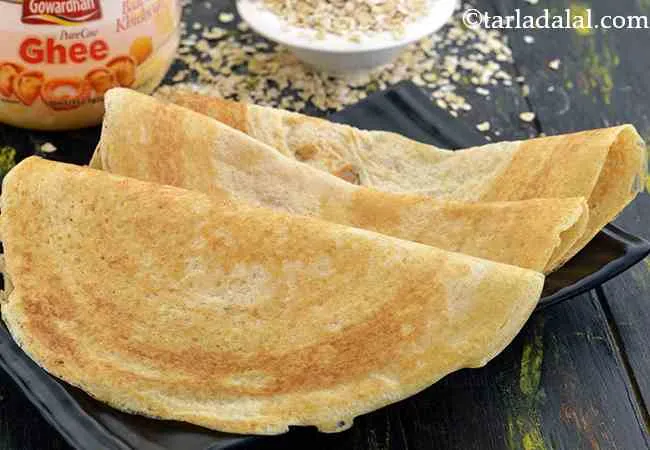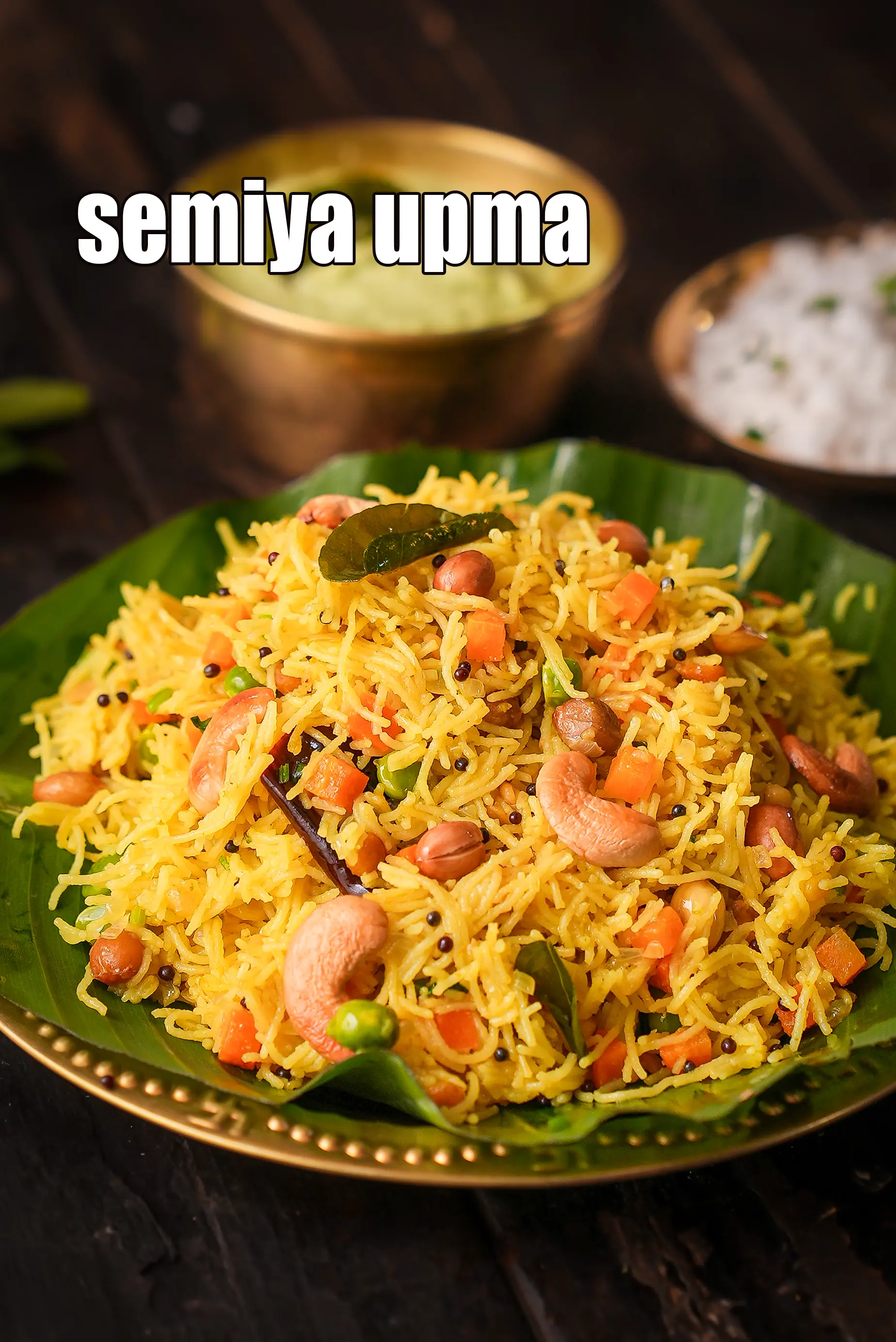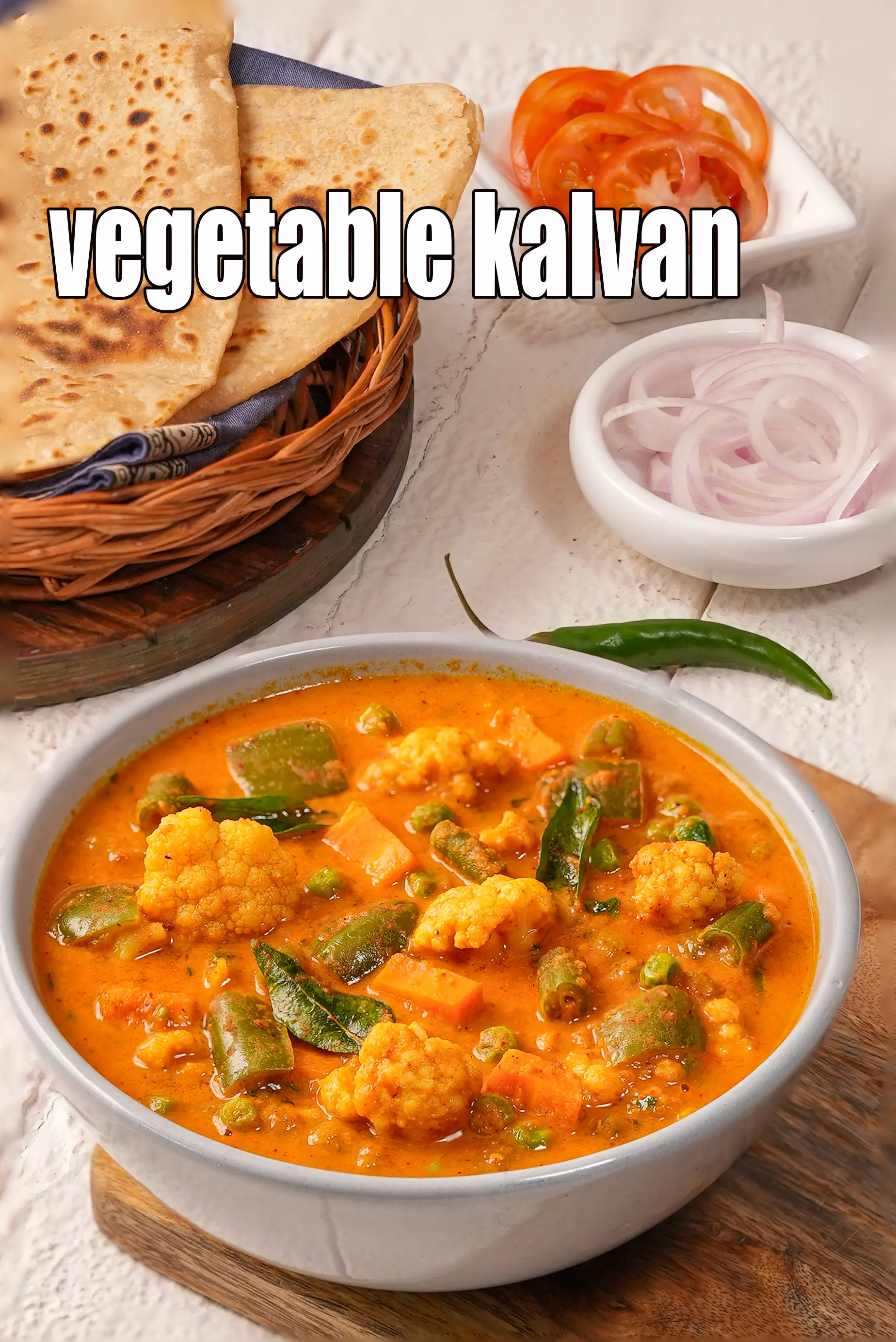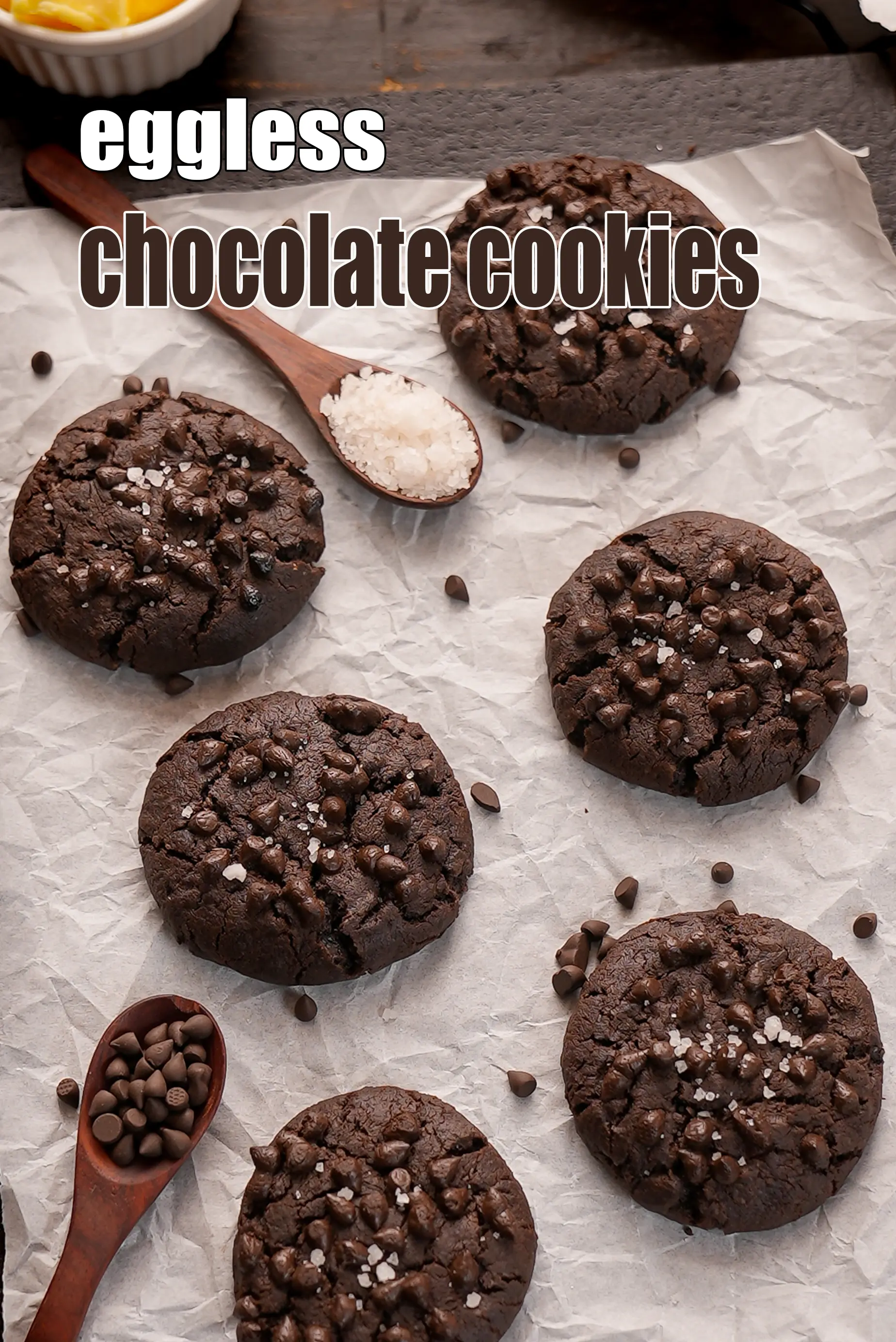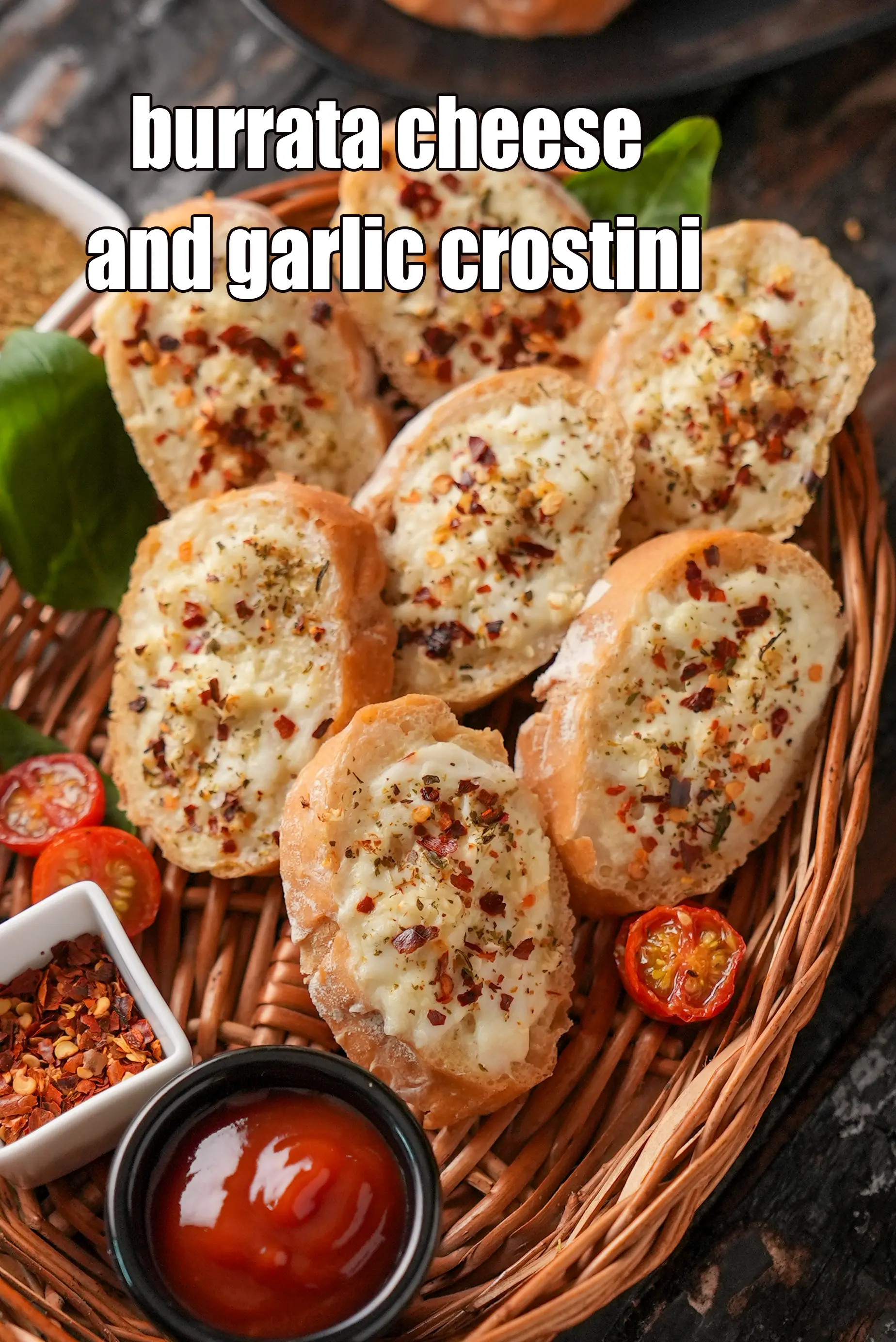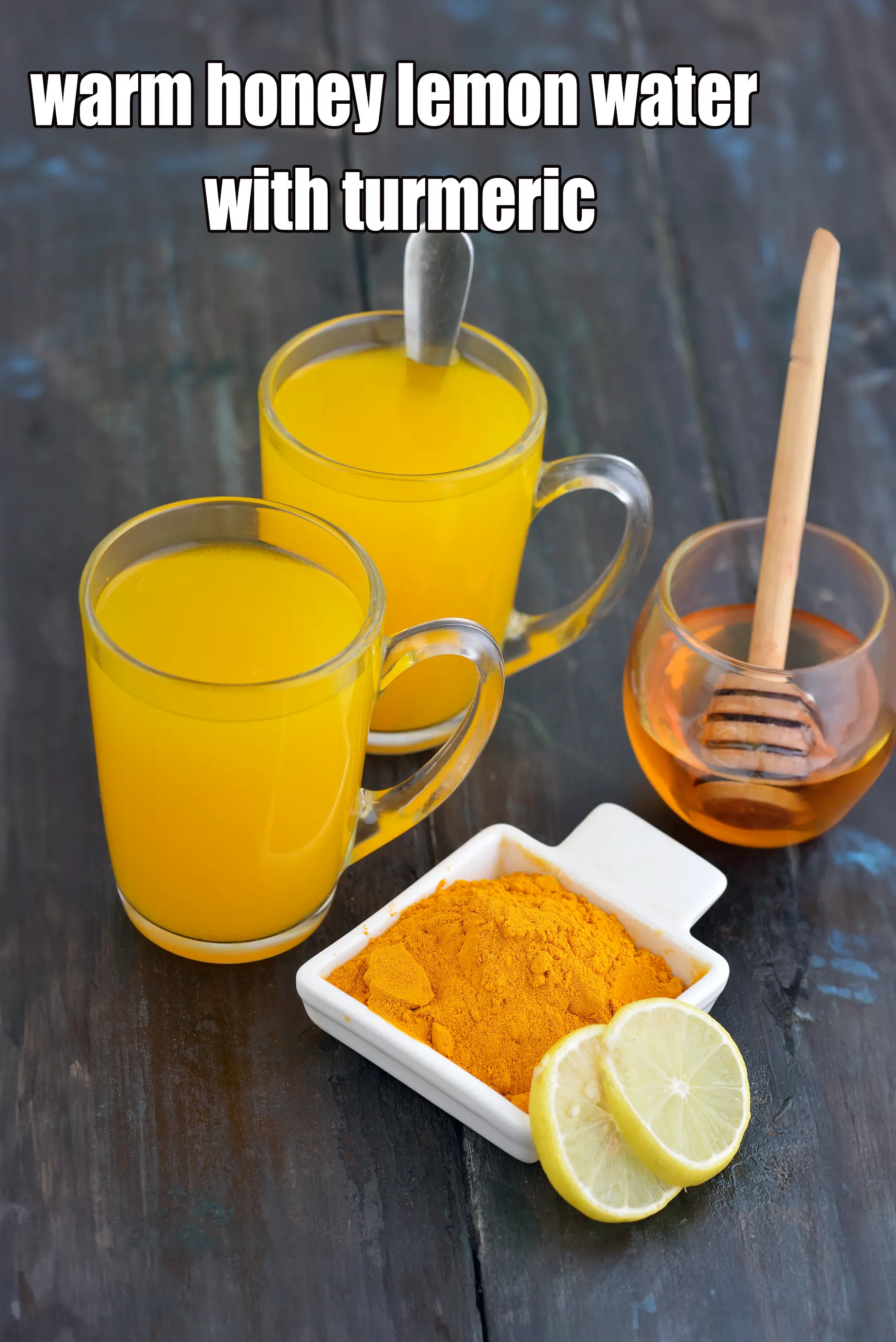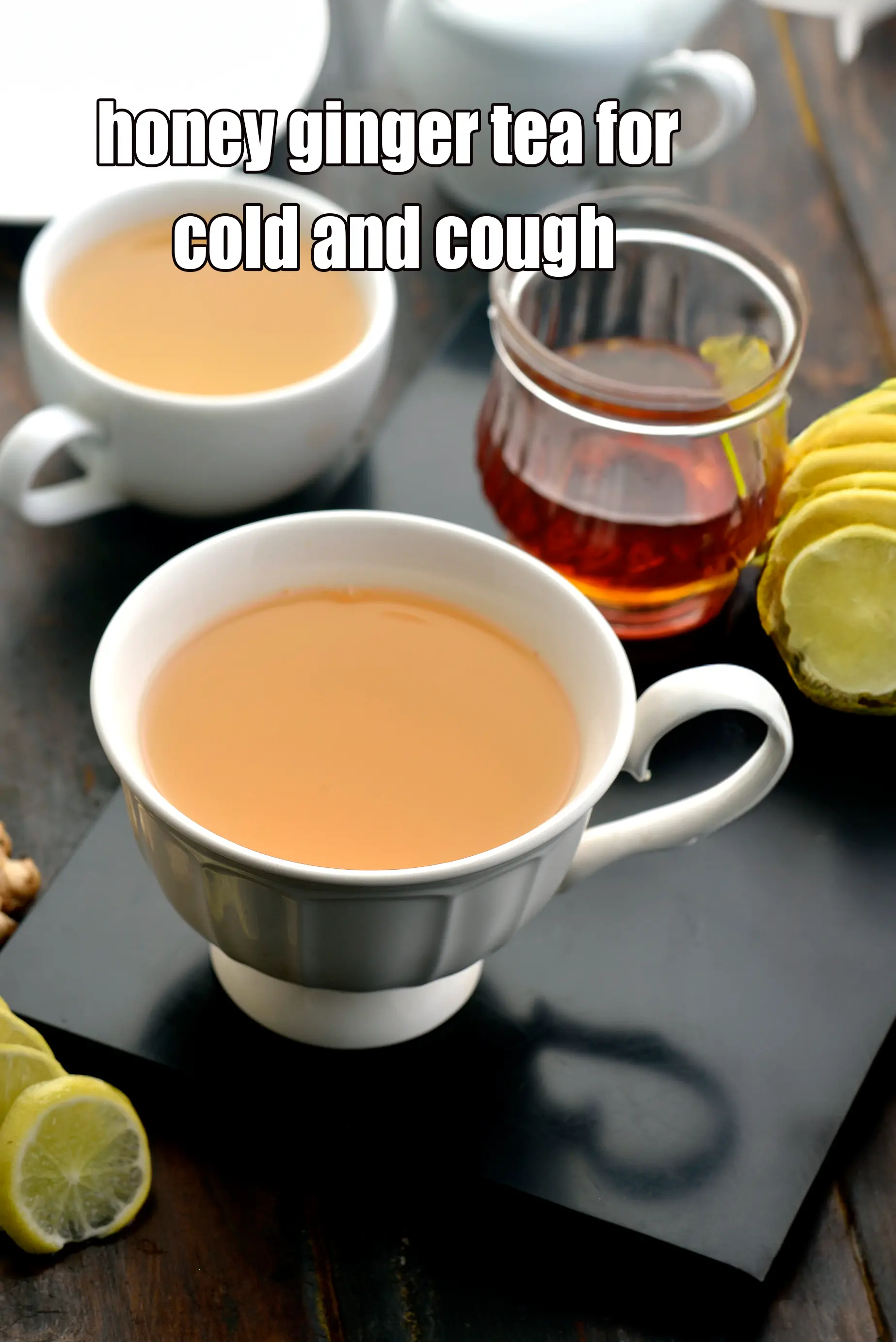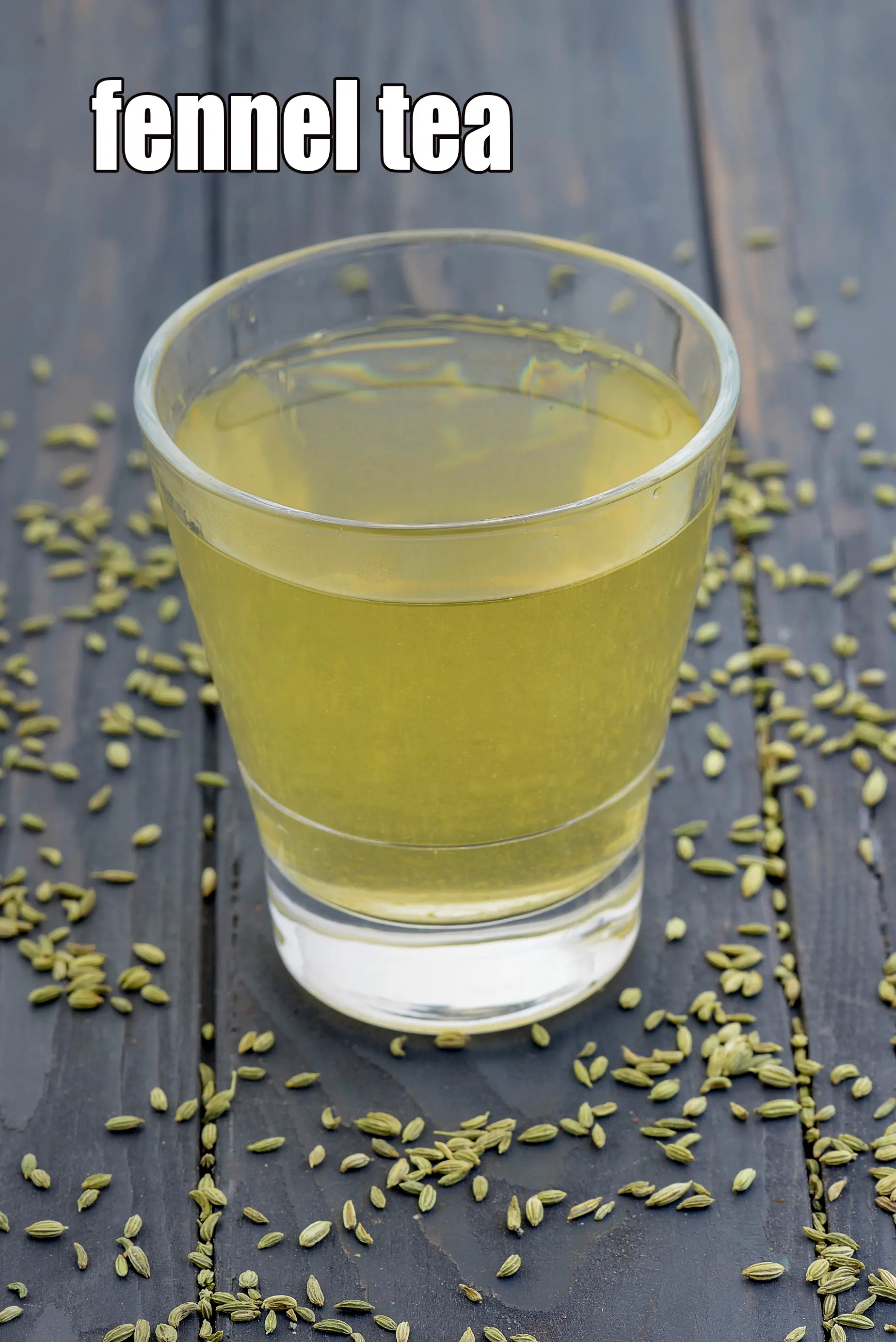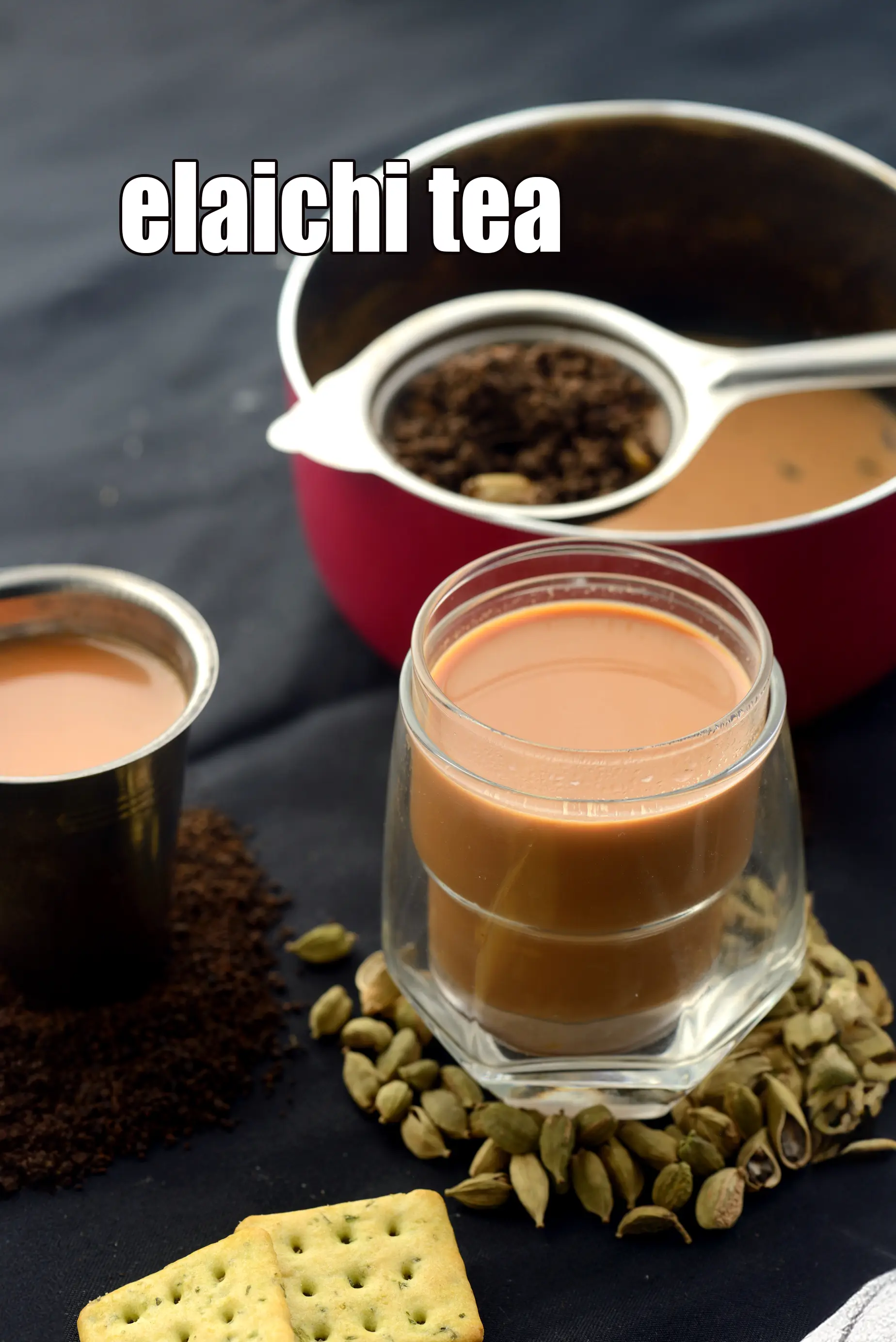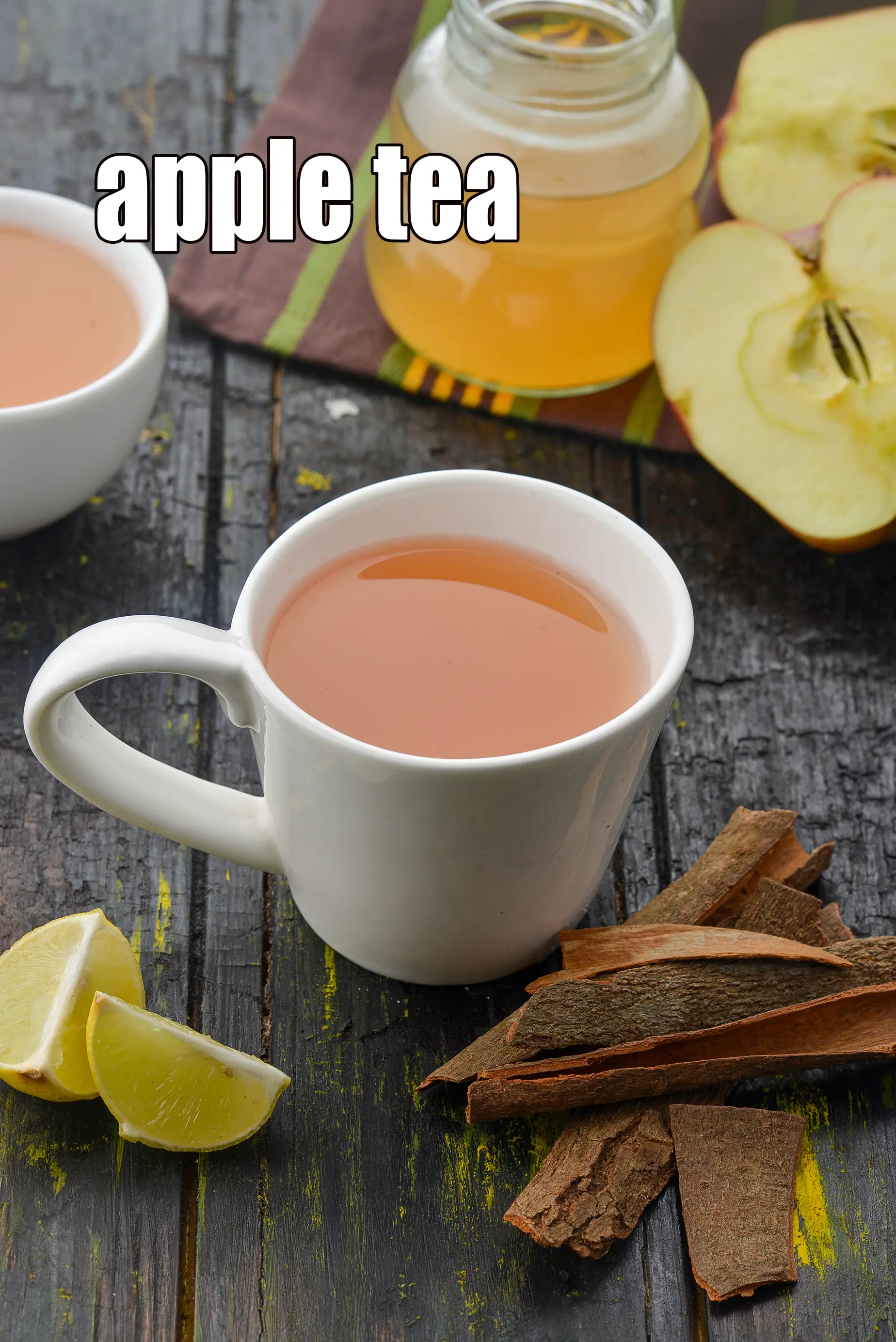Nutritional Facts of Mysore Masala Dosa, Traditional Crispy Dosa, Calories in Mysore Masala Dosa, Traditional Crispy Dosa
This calorie page has been viewed 17256 times
How many calories does one Mysore Dosa with Green Chutney have?
One Mysore Dosa with Green Chutney gives 152 calories. Out of which carbohydrates comprise 65 calories, proteins account for 49 calories and remaining calories come from fat which is 77 calories. One Mysore Dosa with Green Chutney provides about 8 percent of the total daily calorie requirement of a standard adult diet of 2,000 calories.
Click here to view. Mysore Dosa with Green Chutney recipe. Traditionally, Mysore Masala Dosa is made by smearing dosas with a special Mysore chutney that is sweet, tangy, spicy and garlicky, and then stuffing it with delectable Potato Bhaji.
Here, we have modified the recipe slightly, featuring a zesty Green Chutney instead of the traditional red one. The green chutney gives the Masala Dosa the fresh touch of coriander. Coconut gives the chutney a rich texture, while spinach makes the green all the more vibrant!
The Potato Bhaji as always is the highlight of the Mysore Masala Dosa with Green Chutney. The awesome softness of boiled potatoes and the peppy flavour of onion and green chillies make the stuffing a top class value-add to the dosas. Serve the Mysore Masala Dosa with Green Chutney immediately on preparation.
Is Mysore Dosa with Green Chutney healthy?
No, this is not healthy. Let's see why.
Let's understand the Ingredients.
What's good.
1. Urad Dal : 1 cup of cooked urad dal gives 69.30% of folic acid of your daily requirement of folate. The folic acid in urad dal helps your body to produce and maintain new cells, especially red blood cells. Being rich in Phosphorus it works with Calcium to build our bones. See here for 10 super benefits of urad dal.
2. Coconut : The fresh coconut has saturated fats but most of it is MCT (Medium Chain Triglycerides) which promote weight loss. The high fibre content 13.6 gm (45.3% of RDA) along with high lauric acid content of coconut improves cholesterol levels in the body. Improving the action of insulin secretion and lowering the raised blood sugar levels is yet another benefit of coconut for Diabetics. See here for 10 amazing benefits of coconut.
3. Coriander (kothmir, dhania) : Coriander is a fresh herb often used as a flavour enhancer in Indian cooking. It is mainly used as a garnish. This is the best way to use it - no cooking. This preserves its vitamin C content which helps to build our immunity and bring that sparkle to the skin. The antioxidants vitamin A, vitamin C and the quercetin present in coriander works towards strengthening our immune system. Coriander is a fairly good source of iron and folate – the 2 nutrient which help in the production and maintenance of red blood cells in our blood. Good for reducing cholesterol and good for diabetics. Read 9 benefits of coriander to understand details.
4. Spinach (Palak) : Spinach is one of the richest plant sources of Iron and it should be part of a healthy diet for everyone. Raw spinach is very rich in insoluble fibre, 25% having soluble fiber and 75% insoluble fiber. Spinach is good for the heart, diabetics and eyes. Read this on the 17 benefits of spinach and why you should eat it.
5. Green Chillies : Antioxidant vitamin C in green chillies protects the body from effects of harmful free radicals and prevents stress. It is probably the high fiber which helps in controlling blood sugar levels. This it is a welcome addition to a diabetic diet. Suffering from anaemia? Add green chillies to your list of iron rich foods too. For complete details see benefits of green chilli.
6. Onions (pyaz, kanda) : Raw onions are a very valuable source of vitamin C – the immune building vitamin. Along with other phytonutrients from onions, it helps to build WBC (white blood cells) which serves as a line of defence against illness. Yes, it’s a source of many antioxidants, the most important one amongst them being Quercetin. The quercetin in Onions promotes production of HDL (good cholesterol) and lowers total cholesterol in the body. The sulphur in onions act as a blood thinner and prevents blood clotting too. This in turn would lower blood pressure and good for heart, diabetics. Read the benefits of onions.
What's the problem?
1. Rice : Here are the pros for rice. Rice is a great source of complex carbohydrates, which is an important source of energy for our body. Rice is low in fibre and therefore a good option for people suffering from diarrhoea. What's not good in rice. Foods like rice are high in GI are not suitable for weight loss, heart patients, diabetics as they affect the blood sugar control levels. See details of is white rice and parboiled rice good for you?
2. Potatoes (Aloo) : Potatoes being high in simple carbohydrates will lead to weight gain and are not good for people with diabetes, heart problem and obesity. Potatoes are recommended for malnourished children and people with low weight. See full details on why potatoes are bad for you.
3. Vegetable Oils : To some vegetable oil is only soyabean oil, while some promote it as a mix of oils like soyabean, canola, sunflower, corn and other omega-6 rich oils. These are often cheaper options than many oils, but they are highly processed oils. They are undoubtedly not to be reached out for, whether you are looking for salad dressings, sautéing or cooking. The 5 best oils used in cooking are olive oil (low temperature short time cooking), avocado oil, canola oil, coconut oil and peanut oil. You must read the super article to find the facts of which oil is the healthiest avoid vegetable oil.
Can Diabetics, Heart patients and over weight individuals have Mysore Dosa with Green Chutney?
Dosa is a moderate Glycemic Index recipe. Since, dosa has a high amount of rice which is rich in simple carbohydrates and it is fermented that is - it is pre digested, it does not prove to be a healthy option for diabetics, heart patients and weight watchers. Plus this recipe has loads of potatoes which adds to the carbs.
Diabetics can replace the rice with oats or ragi which will increase the fiber content and make recipes like Healthy Oats Dosa and Nachni Dosa.
Can healthy individuals have Mysore Dosa with Green Chutney?
Yes, dosa works for healthy individuals. Dosa is a fermented food which is easy to digest. Fermentation of foods increases the bioavailability of nutrients which helps the body to assimilate more nutrition. The microorganisms break down the complex protein, carbohydrates and fat efficiently thereby helping to assimilate more nutrients from the food.
BUT, you need to balance your dosa meal later in the day with some fibre rich foods since dosa does not have much fibre. So always keep that in mind. So you can have a Spinach and Paneer paratha recipe. Also you need to add less potatoes in the dosa as this will reduce the carbohydrate load.
Mysore Dosa with Green Chutney is high in
1. Protein : Protein is required for the managing the wear and tear of all cells of the body.
2. Vitamin C : Vitamin C is a great defence against coughs and colds.
Note : a recipe is deemed high in a Vitamin or mineral if it meets 20% and above the recommended daily allowance based on a 2,000 calorie diet.
How to burn 152 calories that come from one Mysore Dosa with Green Chutney?
| Walking (6 kmph) = | 46 | mins |
| Running (11 kmph) = | 15 | mins |
| Cycling (30 kmph) = | 20 | mins |
| Swimming (2 kmph) = | 26 | mins |
Note: These values are approximate and calorie burning differs in each individual
| Energy | 152 cal |
| Protein | 12.2 g |
| Carbohydrates | 16.2 g |
| Fiber | 2.7 g |
| Fat | 8.6 g |
| Cholesterol | 0 mg |
| Vitamin A | 630 mcg |
| Vitamin B1 | 0.1 mg |
| Vitamin B2 | 0 mg |
| Vitamin B3 | 0.7 mg |
| Vitamin C | 15.2 mg |
| Folic Acid | 18.6 mcg |
| Calcium | 26.5 mg |
| Iron | 0.7 mg |
| Magnesium | 17 mg |
| Phosphorus | 42.4 mg |
| Sodium | 12.4 mg |
| Potassium | 163.8 mg |
| Zinc | 0.5 mg |

Click here to view Mysore Masala Dosa
Calories in other related recipes
